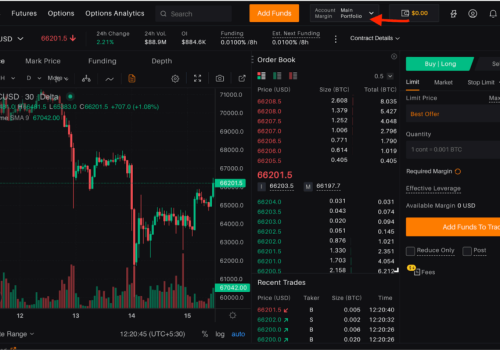The Evolution of Online Poker Legislation: What You Need to Know
Online poker has come a long way since its inception in the late 1990s. What started as a niche hobby for a small group of enthusiasts has now become a multi-billion dollar industry that attracts millions of players from around the world. However, the road to legalization and regulation has not been smooth, with many countries grappling with how to handle this new form of gambling.
In the early days of online poker, there were few regulations governing the industry. This led to a proliferation of unscrupulous operators who took advantage of unsuspecting players. In response, governments began to take notice and started passing laws to regulate poker online sites.
One of the first major pieces of legislation was the Unlawful Internet Gambling Enforcement Act (UIGEA) in the United States, which was passed in 2006. This law made it illegal for financial institutions to process transactions related to online gambling, effectively shutting down many poker sites that operated in the US.
Following the passage of UIGEA, several states began exploring ways to legalize and regulate online poker within their borders. Nevada was one of the first states to pass legislation allowing for intrastate online poker in 2013. Since then, several other states have followed suit, including New Jersey, Delaware, and Pennsylvania.
While some states have embraced online poker with open arms, others have taken a more cautious approach. For example, California has been debating online poker legislation for years but has yet to pass any bills into law due to disagreements among stakeholders.
On an international level, countries like France and Italy have also passed laws regulating online poker within their borders. These laws typically require operators to obtain licenses from government agencies and adhere to strict regulations regarding player protection and responsible gaming.
Despite these advancements in legislation, there are still challenges facing the online poker industry. One major issue is ensuring that players are protected from fraud and collusion on unregulated sites. Many players have fallen victim to scams or unfair practices at these sites, highlighting the need for strong regulatory oversight.
Another challenge is ensuring that all players have access to legal and regulated online poker options. In some regions, such as Asia and Latin America, there are limited opportunities for players to play on licensed sites due to restrictive laws or lack of infrastructure.
Overall, the evolution of online poker legislation has been a complex process with many ups and downs along the way. While progress has been made in some areas, there is still much work to be done to ensure that all players can enjoy a safe and fair playing environment wherever they are located.





